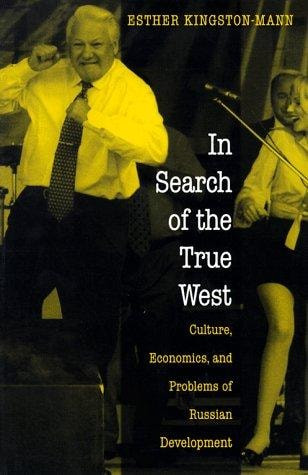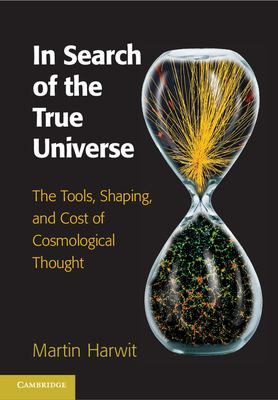Description
This ground-breaking work documents Russian efforts to appropriate Western solutions to the problem of economic backwardness since the time of Catherine the Great. Entangled then as now with issues of cultural borrowing, educated Russians searched for Western nations, ideas, and social groups that embodied universal economic truths applicable to their own country. Esther Kingston-Mann describes Russian Westernization--which emphasized German as well as Anglo-U.S. economics--while she raises important questions about core values of Western culture and how cultural values and priorities are determined.
This is the first historical account of the significant role played by Russian social scientists in nineteenth-century Western economic and social thought. In an era of rapid Western colonial expansion, the Russian quest for the "right" Western economic model became more urgent: Was Russia condemned to the fate of India if it did not become an England? In the 1900s, Russian liberal economists emphasized cultural difference and historical context, while Marxists and prerevolutionary government reformers declared that inexorable economic laws doomed peasants and their "medieval" communities. On the eve of 1917, both the tsarist regime and its leading critics agreed that Russia must choose between Western-style progress or "feudal" stagnation. And when peasants and communes survived until Stalin's time, he mercilessly destroyed them in the name of progress. Today Russia's painful modernizing traditions shape the policies of contemporary reformers, who seem as certain as their predecessors that economic progress requires wholesale obliteration of the past.
This is the first historical account of the significant role played by Russian social scientists in nineteenth-century Western economic and social thought. In an era of rapid Western colonial expansion, the Russian quest for the "right" Western economic model became more urgent: Was Russia condemned to the fate of India if it did not become an England? In the 1900s, Russian liberal economists emphasized cultural difference and historical context, while Marxists and prerevolutionary government reformers declared that inexorable economic laws doomed peasants and their "medieval" communities. On the eve of 1917, both the tsarist regime and its leading critics agreed that Russia must choose between Western-style progress or "feudal" stagnation. And when peasants and communes survived until Stalin's time, he mercilessly destroyed them in the name of progress. Today Russia's painful modernizing traditions shape the policies of contemporary reformers, who seem as certain as their predecessors that economic progress requires wholesale obliteration of the past.






